
WELCOME
TO CISPA

WELCOME
TO CISPA

CISPA researchers regularly take part in, and help organize, outstanding scientific conferences around the world. According to the CSRankings, a metrics-based ranking of top computer science institutions around the world, CISPA is the internationally leading institution in computer security.

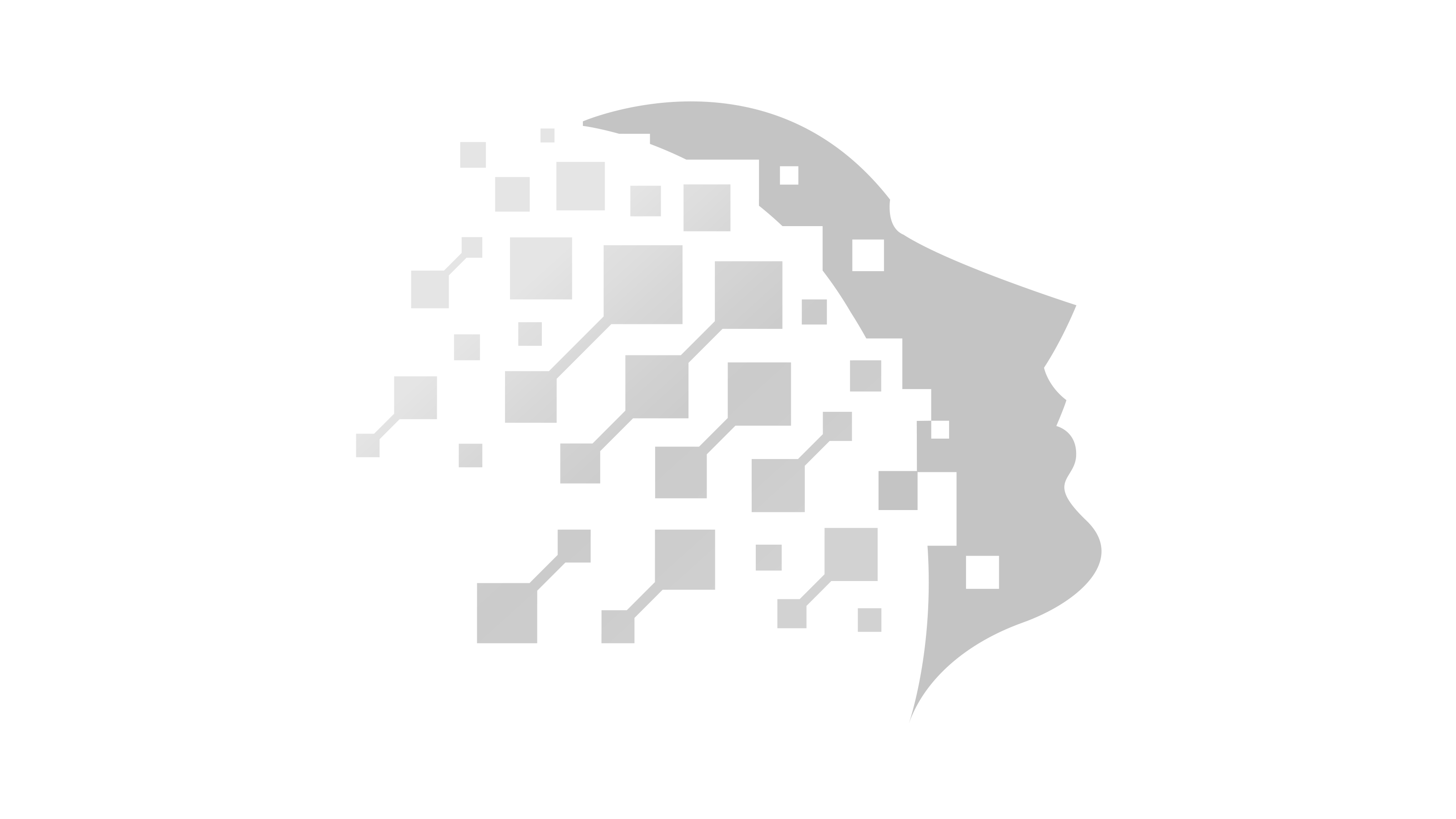






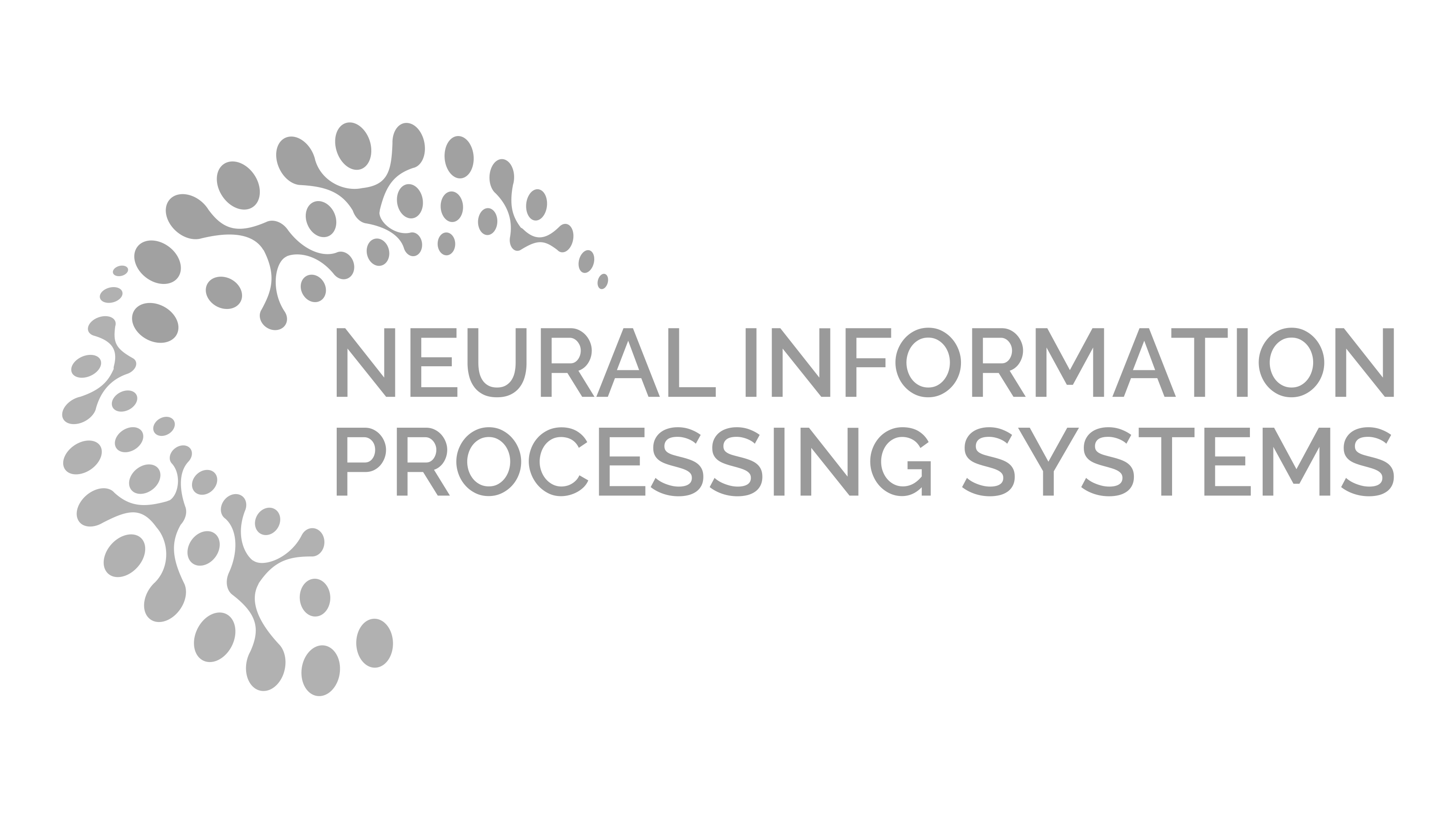
Security research in today’s interconnected world has so many different challenges. I am particularly excited about making complex security and privacy mechanisms more human-friendly.
We are trying to determine ways to ascertain that current and future systems are secure. To achieve this, we develop analysis frameworks, methodologies, and tools. These enable us to identify attacks and propose more secure solutions.
My group researches novel classes of vulnerabilities in Web applications and builds tools to detect and mitigate them. In addition, we investigate how to best notify affected sites about the vulnerabilities we found. This way, our insights do not only serve us, but can help administrators close their security holes, impacting the overall security of the Web.
Mobile devices can pose severe privacy threats but at the same time offer with their particular setting great opportunities to create more secure systems that put the users back into control over their data. In our research, we take this opportunity and improve mobile system security from hardware primitives to middleware design to the user's central role in the data protection.
Our research explores the boundaries of what is possible in secure computation: What are the strongest possible security guarantees and strongest functionality we can achieve under the weakest possible assumptions?
I see Cyber-Physical Systems as the new frontier of cybersecurity: my goal is to understand threats & defenses based on interactions between physical and digital systems, and to translate cybersecurity principles to engineered systems.
Our society regularly faces devastating and largely anonymous cyber attacks. We explore automated, reliable, and accurate methods to identify the origin of cyber attacks -- an important step to hold anonymous attackers responsible for their action.
Recent advances in Artificial Intelligence and Machine Learning offer great benefits to industry and society in general. While we are advancing the state of the art of future intelligent systems, we equally seek compliance with our expectations on security, privacy and safety.
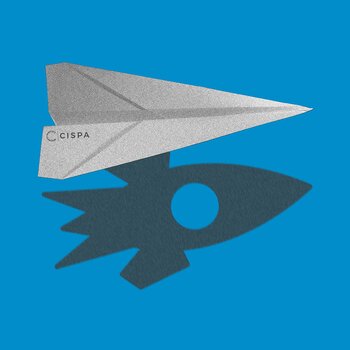
Transferring our research into applications and products is one of CISPA's core tasks. In doing so, we ensure that the economy as well as society at large can benefit from pioneering innovations and state-of-the-art technologies. We share our research results with the public through knowledge transfer, while also making them amenable to commercial utilization through technology transfer.
CISPA is a great place to be for all our researchers and staff. At our research center, everybody is on first-name terms and (almost) everybody likes to play table soccer after work. And, needless to say, we all enjoy a little chitchat in the hallway.
And because nothing connects people like food and fun, we often come together for a lunch break, an after-work drink, and leisure activities.
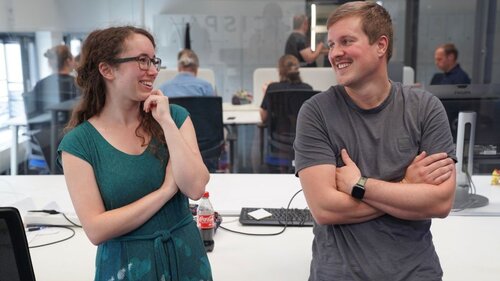




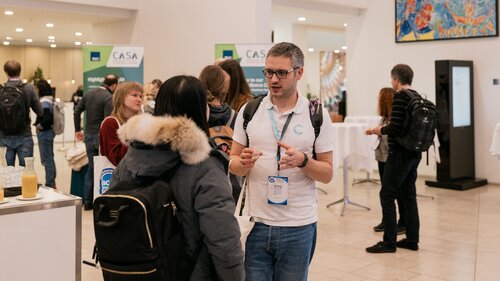
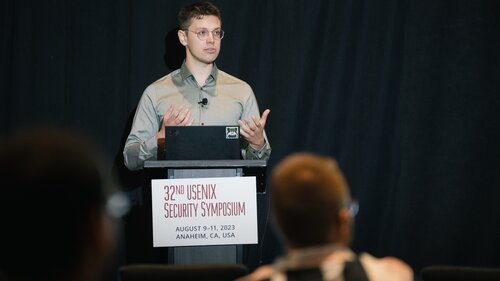

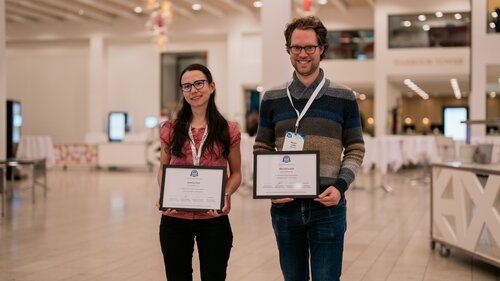







That text was way too long and you couldn't bother reading it? In TL;DR, we talk to our researchers about their work on cybersecurity and AI, trying to ask them all the questions that our listeners will be asking themselves about, too.
Have fun listening!

Nothing moves more than movies. Which is why we produce our own videos to showcase our research topics but also CISPA life in general. Learn more about our people, our events, and the entire CISPA universe. Moving in so many ways!
Have fun watching!

CISPA Zine: composed of 'CISPA' and 'magazine', derived from the idea of the 'fanzine'. Fanzines are small and often folded magazines created by fans for fans. Published quarterly, the CISPA Zine is for all those interested in our center.
Have fun reading!

No coffee, no ideas; no ideas, no research. Therefore: no coffee, no research! In this interview series, our researchers answer the most pressing questions about IT security and artificial intelligence over a hot cup of coffee
Have fun watching!

The CISPA Cysec Lab coordinates CISPA's student activities. We offer half and full day workshops for students from grade 7 onward, as well as further training for teachers and trainee teachers. We also offer regular working groups for particularly interested and talented students.
The CISPA Cysec Lab coordinates CISPA's student activities. We offer half and full day workshops for students from grade 7 onward, as well as further training for teachers and trainee teachers. We also offer regular working groups for particularly interested and talented students.